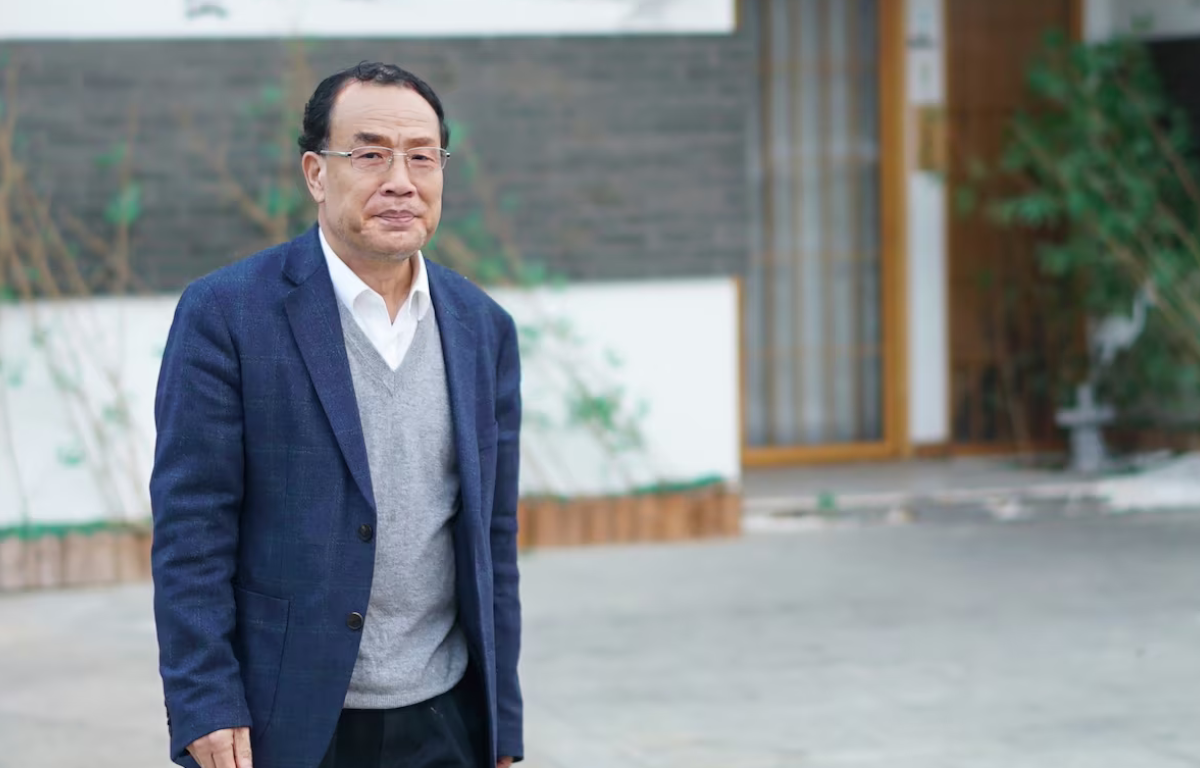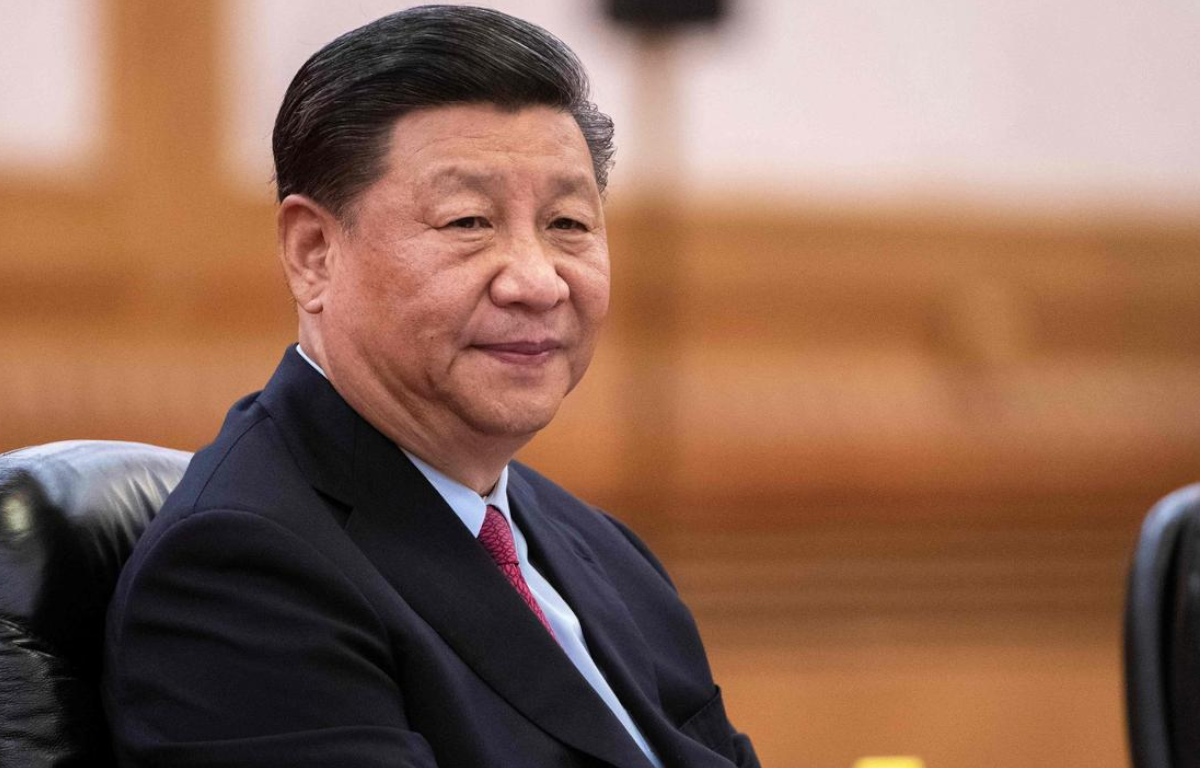
Xinjiang, situated in northwest China, is home to a diverse population, primarily Uighurs, a Muslim minority with a distinct cultural and linguistic identity. The region has a history of ethnic tensions and separatist movements, prompting the Chinese government to implement security measures aimed at maintaining stability.
Xi Jinping’s ascent to power in 2012 marked a shift toward a more assertive and centralized leadership. This transformation was accompanied by a noticeable intensification of policies in Xinjiang, focusing on tackling separatism, extremism, and terrorism. However, these measures have been criticized internationally for alleged human rights abuses, including mass detentions, surveillance, and cultural restrictions.
A defining aspect of Xi’s Xinjiang policy is the operation of mass detention camps, referred to as “re-education centers.” These facilities have sparked concerns about the treatment of Uighurs and other minorities, who are reportedly subjected to political indoctrination and forced labor.
The global community, including the United States and several European nations, has voiced strong condemnation of China’s treatment of Uighurs and minorities in Xinjiang. Diplomatic tensions, trade disputes, and discussions surrounding the 2022 Winter Olympics in Beijing have all been affected by this issue.
Beyond diplomatic repercussions, the Xinjiang policy’s alleged human rights violations have led to calls for companies to reassess their supply chains to ensure they are not linked to forced labor practices. Additionally, questions have arisen regarding the effectiveness of China’s approach to countering extremism and the long-term impact on Xinjiang’s social fabric and stability.
President Xi Jinping’s unyielding Xinjiang policy has ignited global concerns and debates. While the Chinese government argues that its approach is vital for maintaining stability, the alleged human rights abuses have sparked international outrage. As the world grapples with these issues, Xinjiang’s future remains uncertain, carrying significant implications for China’s international relations and its domestic socio-political dynamics.










Share this: